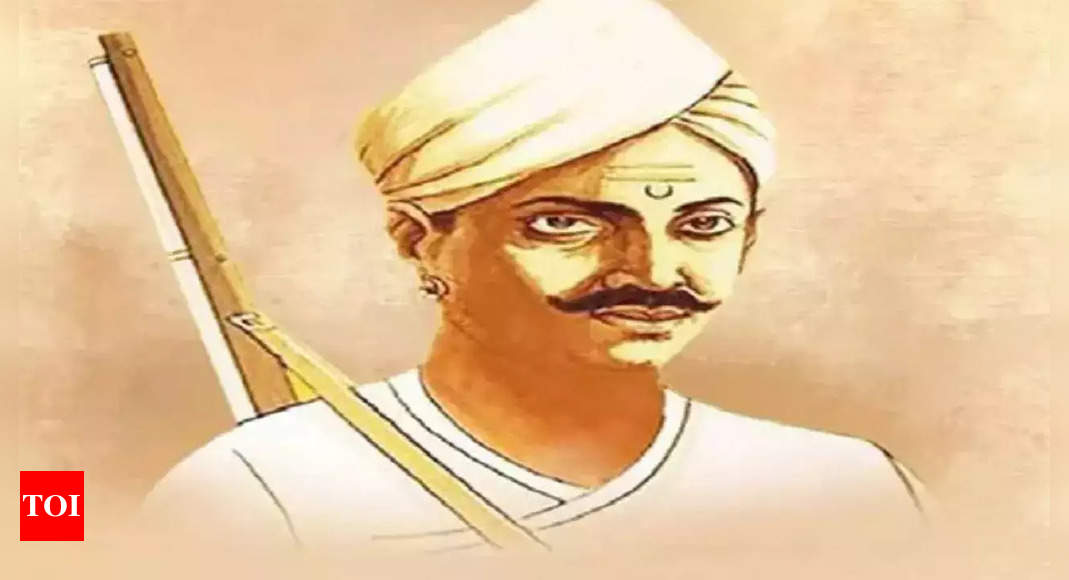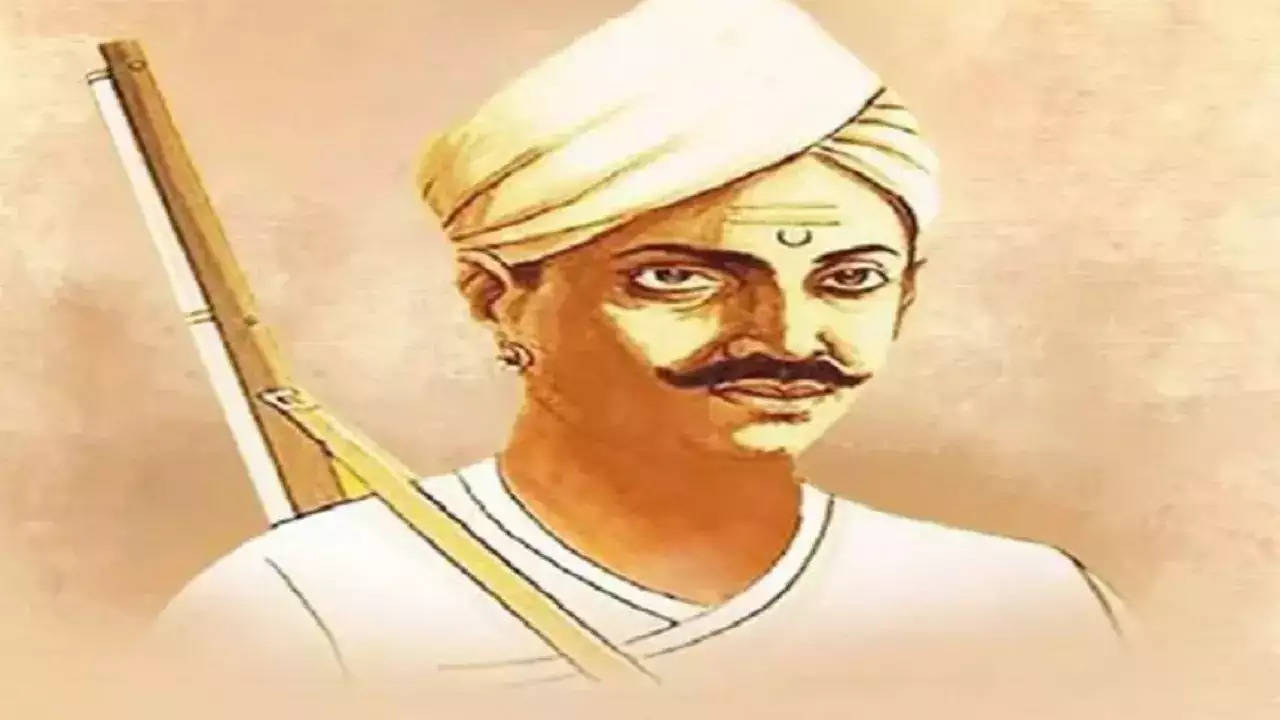[ad_1]
Mangal Pandey was a brave Indian soldier whose attack on British officers on March 29, 1857, was the first major incident of what came to be known as the Indian Mutiny. Born on July 19, 1827, in the village of Nagwa, in Ballia district, Uttar Pradesh, he played a significant role in the Indian rebellion against British colonial rule, also known as the First War of Independence.
While his achievements are primarily associated with his role in initiating the uprising, here are ten notable achievements of Mangal Pandey:
While his achievements are primarily associated with his role in initiating the uprising, here are ten notable achievements of Mangal Pandey:
- The
Barrackpore Incident: On March 29, 1857, Mangal Pandey, a sepoy (Indian soldier) in the BritishEast India Company , revolted against his British superiors at the Barrackpore military cantonment near Calcutta (now Kolkata). He refused to use the new Enfield rifle cartridges that were allegedly greased with animal fat, which offended both Hindu and Muslim soldiers. - Inspiring the Rebellion: Mangal Pandey’s defiance at Barrackpore served as a catalyst and inspired many other Indian soldiers and civilians to rise up against British rule, ultimately leading to the widespread Indian Rebellion of 1857.
- Symbol of Resistance: Pandey became a symbol of resistance and nationalism during the uprising, and his actions are considered the spark that ignited the larger rebellion against British rule.
- Arrest and Execution: After the Barrackpore incident, Mangal Pandey was arrested and put on trial by the British authorities. On April 8, 1857, he was hanged for his involvement in the mutiny.
- Inspiring Future Leaders: Mangal Pandey’s bravery and sacrifice inspired future generations of Indian freedom fighters and leaders, who carried forward the struggle for independence.
- Public Outrage: The execution of Mangal Pandey sparked public outrage across India, further fueling the rebellion and uniting various communities in their opposition to British rule.
- Contribution to Indian Nationalism: By taking a stand against the oppressive British policies and refusing to succumb to unjust orders, Mangal Pandey played a vital role in laying the groundwork for Indian nationalism.
- Impact on British Policies: The Indian Rebellion of 1857 and the actions of individuals like Mangal Pandey led the British government to reconsider some of their policies and eventually resulted in the transfer of power from the East India Company to the British Crown (beginning the era of direct British rule in India).
- Commemoration: Mangal Pandey’s name and memory continue to be commemorated in India, with numerous streets, parks, and institutions being named after him as a tribute to his contributions to the country’s freedom struggle.
- Cultural Representation: Mangal Pandey’s story has been depicted in various books, films, and other media, making him a prominent figure in India’s cultural and historical narratives of resistance and independence.
[ad_2]
Source link











More Stories
Congress replaces Kamal Nath, names an OBC as Madhya Pradesh chief | India News
Fire breaks out in ITBP camp in Srinagar; none hurt | India News
Parliament Security: Co-villagers give clean chit to Lalit Jha, parents to move court | India News